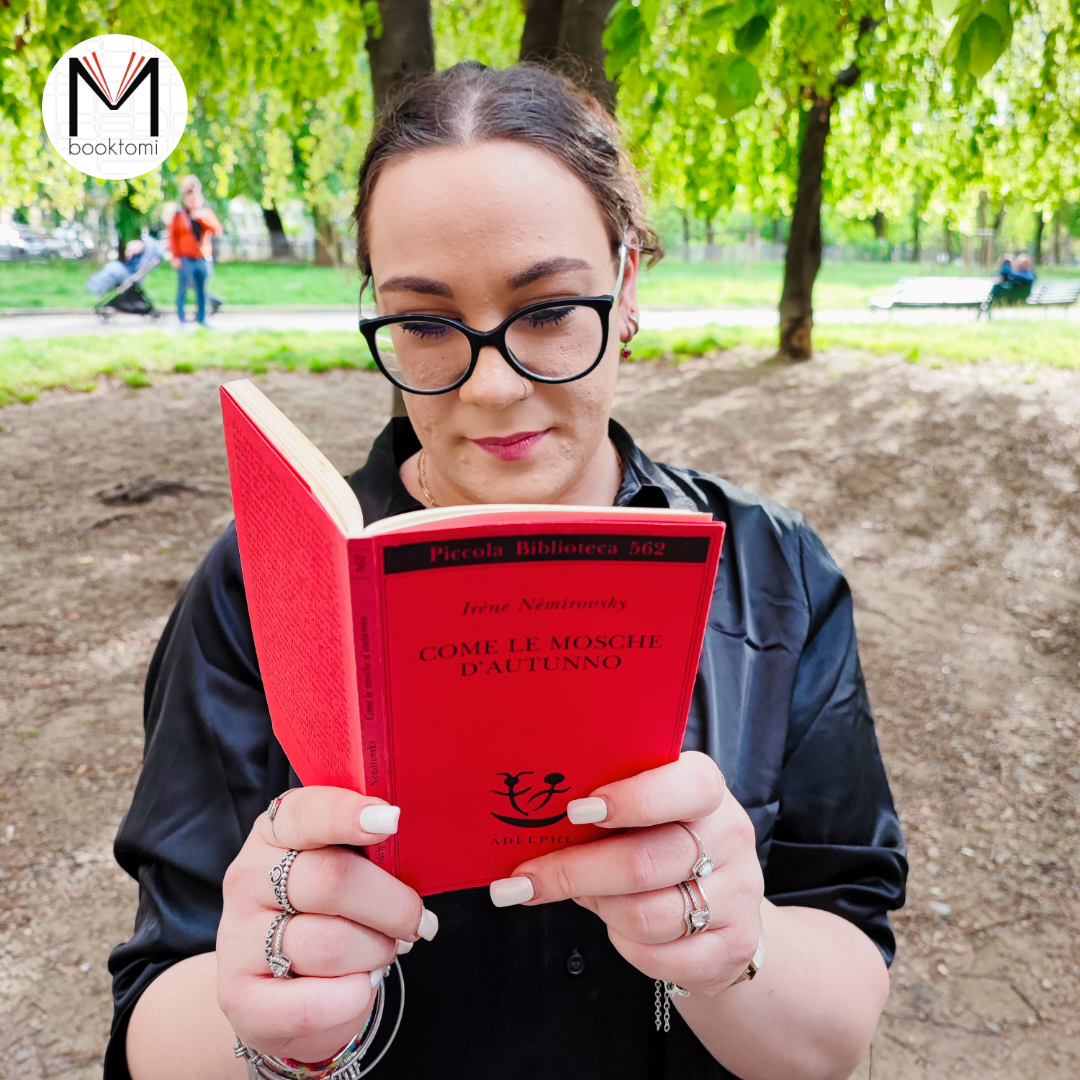“Times have changed and so have men.”
Ancient text, first published in France in 1931, of atmospheres and settings now uninhabited for almost a hundred years of dust and cobwebs.
The protagonist of the long story is the elderly nurse Tatjana Ivanovna, completely devoted to the Karin family, where she has seen entire generations of boys grow up who quickly became men. Almost as an elderly member of the family, in fact, she will accompany the two younger boys who leave for the war, and will also remain on guard in the historic residence when the Karins are forced to flee the country due to the October revolution , and then again to follow them to France where they try to find shelter.
Sensations, memories, class clashes that are summarized as a work of art by the title of the book. The comparison of the new and unfortunate situation of his employers with that of flies in autumn is pure poetry. Autumn is in itself the season of melancholy, of the awareness that the best times are behind us, and the harshest ones ahead.
Here we have a constant theme in Némirovsky’s works, that of the memory of the past and its importance in facing the present. On the one hand, however, we have the Karin who almost deny the past to perhaps make the present less harsh, on the other our nurse, who from the memory of past greatness seeks the strength to face a present in which no one wants to recognize themselves.
The book is often left aside in the author’s bibliography, perhaps because it did not shine with the success of other texts; in our opinion, however, it is not a secondary or minor work, on the contrary, many of Irène Némirovsky’s qualities can be appreciated in it. His digging into memory, and writing almost as a therapy to overcome past emotional traumas, such as the escape from the now Bolshevik Russia upon arrival in France, from the abandonment of his native land to the search for shelter in a distant land that it will never be as warm as home.
_____________________________________________________________________________________________________
Irène Némirovsky, Come le mosche d’autunno, Adelphi, Milano, 2007
Original edition: Les Mouches d’automne, Bernard Grasset, Paris, 1931



